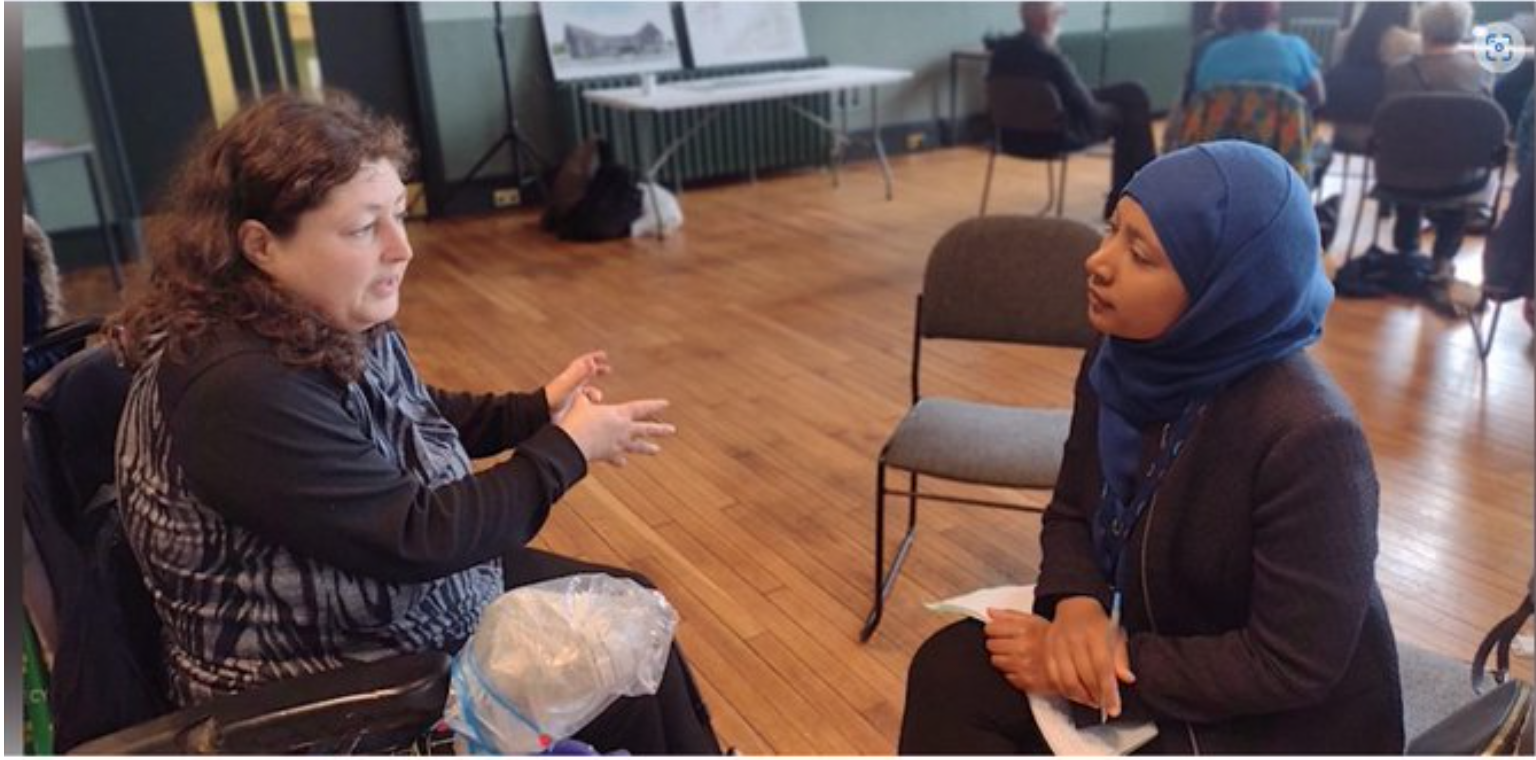By Joe Bilsborough (@joebilsborough)
The lack of government action to materially protect tenants, particularly those in the private rented sector, is disappointing but unsurprising. Political contestation in the UK is increasingly stratified along lines of housing tenure and access to housing, and the coronavirus crisis, despite attempts to occlude this fact, is intensely political.
Government’s unwillingness to intervene is reflective of the wider political economic settlement underpinning contemporary British capitalism: what Brett Christophers has referred to as the rentierisation of the UK economy; what Will Davies has termed England’s new rentier alliance.
With this in mind, there is a need for housing campaigners to be doing serious thinking about demands that will reset this power imbalance running through the heart of contemporary British capitalism. This is particularly topical in light of the recent disappointing shift by the Labour Party, watering down its own policy on support for renters.
Whilst calls for rent suspension – i.e. cancellation – should be supported, it is important to recognise that this alone will not improve the dire conditions faced by many in the private rented sector (PRS), with absentee landlords unwilling to carry out repairs even in ‘normal’ times. Similarly, whilst calls for a Green New Deal public works programme including retrofitting should also be supported, such work under the existing ownership paradigm will only further inflate the value of landlords’ assets.
The challenge facing us is in combining the radical aspects of these demands whilst avoiding the pitfalls. Key to this will be formulating interventionist measures which capture the mood of the moment and transfer ownership of land and assets away from rentier forces and towards communities and democratically accountable authorities. We need, in other words, to be setting out the case for a People’s Rental Sector, buying-out, democratising, and refurbishing the regressive magic money tree that is the Private Rental Sector.
To do this, we need to be making the case clearly and loudly that the state needs to be directing capital to local authorities to allow them to purchase properties in the PRS, taking ownership over the sector. As we speak, the Bank of England is directly financing government spending – we are already through the looking glass of economic orthodoxy.
To do so would represent a paradigm shift, a way of utilising this crisis to simultaneously rebuild lost council housing stock, alleviate the pressures facing tenants, and end the grip of rentier interests over the United Kingdom’s addled economy.
Indeed, the nature of the UK’s housing crises and the divergent government treatment of different tenure types makes it crucial that this demand is made, both during coronavirus and as part of the recovery and rebuilding phase to follow. It is worth shortly recapping why this is the case.
First, tenants pay more to rent an asset than those with mortgages do to own one. Excluding housing benefit, tenants in the private rental sector spend twice the proportion of their income on housing than those buying with a mortgage do – 39% to 18%. Whilst those with mortgages have received a payment holiday, there is no such luck for tenants.
Second, and relatedly, renters are the least affluent group in society on the basis of housing tenure. Half of working renters are one pay check away from losing their home; 35% of private renters are living in poverty; over two thirds of renters have no savings. As the New Economics Foundation have shown, of the 5.6 million workers at high risk of losing their jobs or hours as a result of social distancing measures, more than 1.2 million are living in privately rented accommodation, and thus face serious financial hardship. Research by the Resolution Foundation, looking at exposure to both economic and health risks has shown employed renters are once again facing the rawest deal.
Third, the quality of the private rental sector continues to lag that of all other tenure types. It says much about the sector that landlord lobbying organisations have breathlessly celebrated recent finding which show ‘only’ 1 in 4 PRS properties being found to be non-decent, a worse record than both the social and owner occupier sectors. More markedly, 40% of private rental sector homes fail the non-decent home standard for thermal comfort.
With coronavirus catalysing the effective suspension of the housing market, and the restrictive nature of tenancy agreements meaning that landlords can evict tenants, yet there is still no way for a tenant to unilaterally give notice to end an assured shorthold tenancy, it is not an exaggeration to note that many tenants are effectively trapped in subpar accommodation. Due to the economic dislocation which is already unfolding, existing support measures absent radical policy to address housing’s power imbalance will make things worse for many tenants.
Running a rough, back-of-the-envelope hypothetical helps demonstrate this starkly. Imagine a tenant receives an income of £1200 a month after tax, and their rent comes to £400. In pre-coronavirus times, they are paying 1/3rd of their income directly to their landlord. Now imagine that, due to the impact of coronavirus, they find themselves furloughed – equating, in cases where employers do not voluntarily contribute the remaining amount, to a 20% fall in income. The tenant now receives £960 a month. They are now paying over 40% of their income in rent. There is no way for them to compel their landlord to reduce rents a corresponding amount.
Their own purchasing power has been hit, at a point when both economic conditions and societal lockdown mean they are unlikely to be able to either move house or find alternate employment. They are materially penalised by the imbalanced power relations present in an ostensible market which is no longer functioning like a market. This situation, as the New Economics Foundation have shown, is even more dire for those forced to rely on Universal Credit.
Clearly, this is not a sustainable or responsible way to organise housing, particularly during a global pandemic. As this crisis has shown, the response to market failure – across social democracies and neoliberal plutocracies alike – is state intervention. Figures released recently show that almost a quarter of the British labour force are on the furlough scheme – the labour market is now effectively on ice, as the state pays wages. Of course, in many cases, that simply means the state is paying people’s landlords. This is not sustainable – across a number of sectors, from higher education to aviation, governments are enforcing strict conditionalities on support. There is a coalition to be assembled around the reasonable assertion that landlords, alone, should not be permitted to sail through this crisis enriched and emboldened.
As a movement, we need to push for rent cancellation, and we need to win. Beyond that, we need to fight for a new settlement for housing after the crisis – one built upon the rapid revitalisation of council housing through a buy-out of the PRS. The PRS – both prior to, and especially during this crisis – has shown itself to be both a sink for public money and an intransigent public health hazard: we need, and deserve, something better.
Joe Bilsborough is a researcher at the Centre for Local Economic Strategies.
5 May 2020





